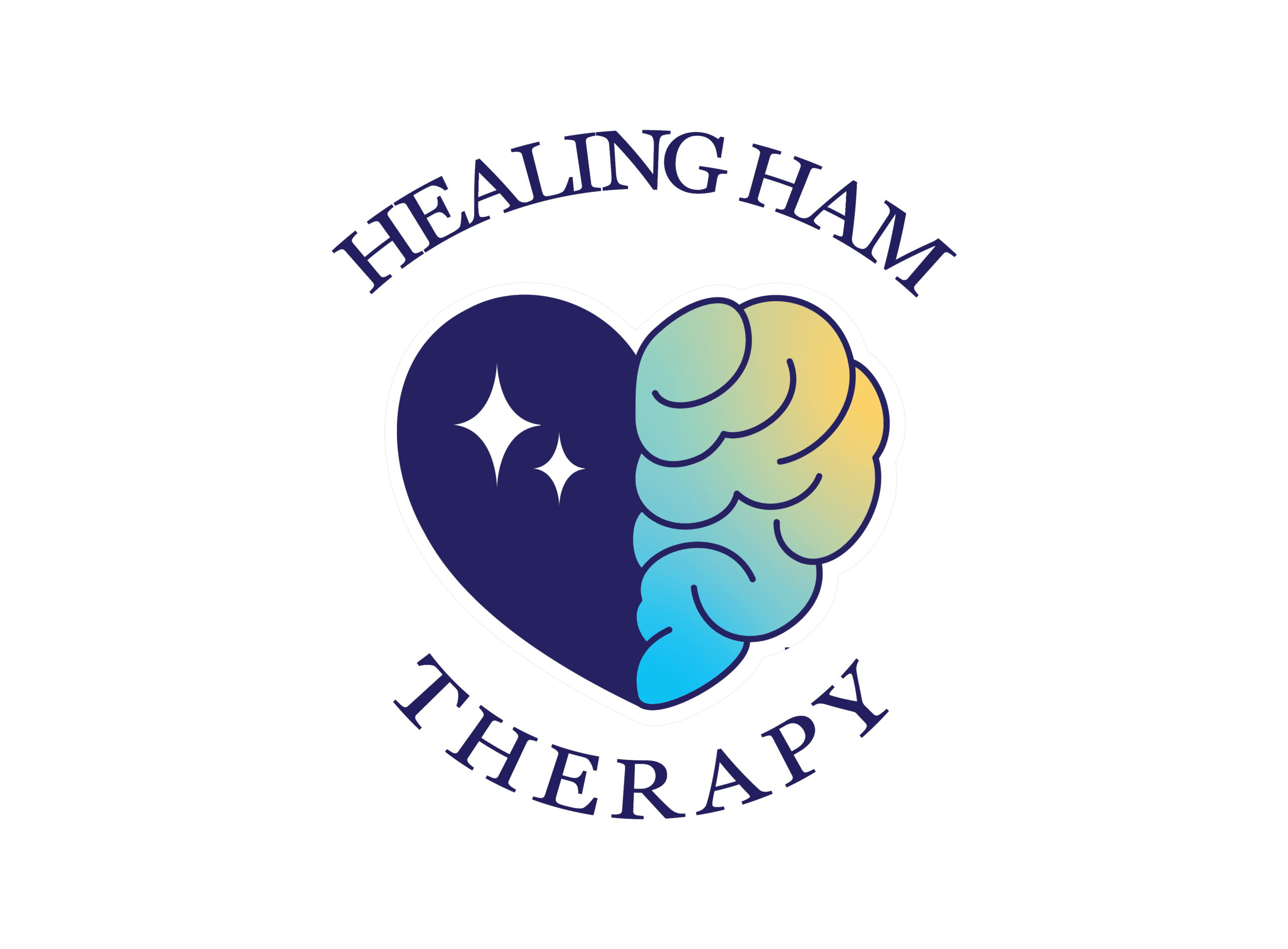What is Cognitive Behavioral Therapy (CBT)?

Cognitive Behavioral Therapy (CBT) is a practical, evidence-based approach to mental health that focuses on identifying and changing negative thought patterns that influence behavior and emotions. At Healing HAM, LLC, we use CBT to help clients understand the link between their thoughts, feelings, and actions. This structured and goal-oriented therapy is effective for addressing a wide range of mental health issues by promoting healthier thinking and coping strategies.
The core idea behind CBT is that our thoughts affect our feelings, and our feelings drive our actions. When someone experiences persistent negative thoughts, it can lead to harmful emotions and behaviors. Through CBT, clients learn to recognize these unhelpful thinking patterns and reframe them in a more balanced and realistic way. This shift in perspective can lead to significant changes in how clients feel and behave.
CBT sessions are structured, focusing on specific goals that are tailored to each individual’s needs. Clients work closely with the therapist to identify negative thought patterns, understand their triggers, and develop strategies to manage them effectively. Whether it’s learning new coping skills or practicing mindfulness techniques, CBT equips clients with the tools to handle life’s challenges with confidence.
Benefits of Cognitive Behavioral Therapy
CBT offers a wide range of benefits that can lead to lasting positive changes in clients’ lives:
Improved Coping Skills
Reduced Negative Thinking
Greater Emotional Regulation
Who Can Benefit from CBT?
At Healing HAM, LLC, we tailor CBT techniques to meet the unique needs of each client. We recognize that every individual’s journey is different, which is why we integrate personalized care with evidence-based practices.

CBT can be especially helpful for:
- Individuals struggling with anxiety, depression, or stress.
- Those dealing with negative thought patterns or self-criticism.
- People facing life transitions, relationship issues, or emotional challenges.
- Individuals seeking practical strategies to manage daily stressors.
- Anyone wanting to improve emotional resilience and coping skills.
Get Started with CBT Today

